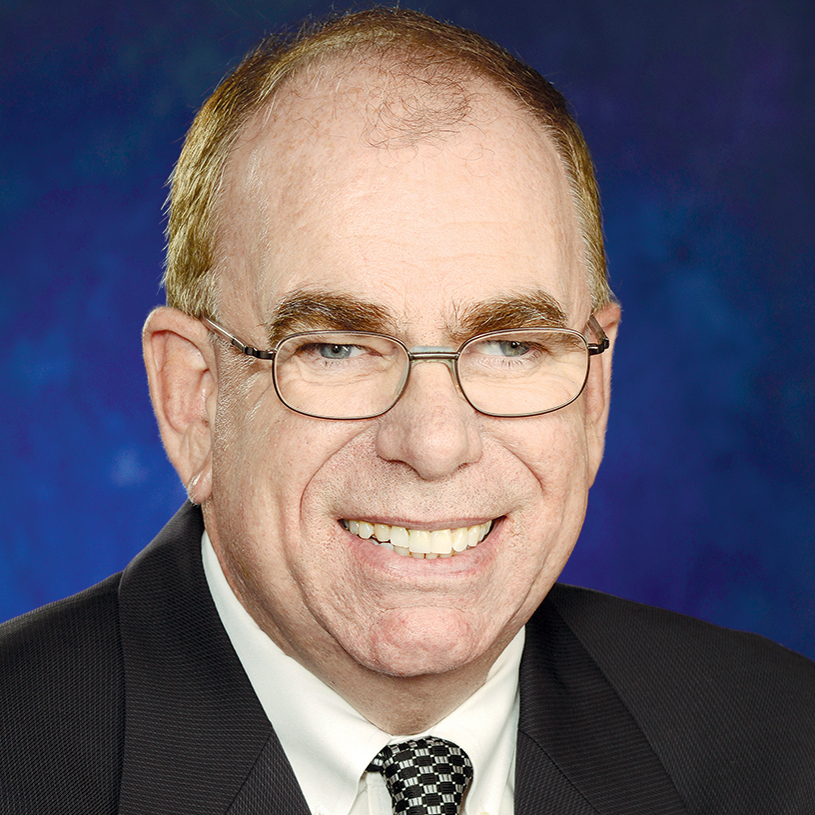
Spring is in the air. So, too, is provider angst about Medicare’s looming Patient-Driven Payment Model, better known as PDPM.
The Centers for Medicare & Medicaid Services is promoting this updated system for classifying residents and care payments as a change that will ensure two benefits. The first is better care. The second is reduced costs. Anyone who thinks those two goals will receive equal treatment is either naïve or not paying attention.
If past behavior is any indication of future performance, I can boldly predict two things we will absolutely see under PDPM.
The first is that providers will find hidden funding streams in the new rules and exploit them to the absolute limit. For this, the industry owes no apology.
After all, I don’t see the dozens of Fortune 500 companies that are paying no 2018 federal taxes apologizing. This august list is headed by Amazon Inc., which actually received a tax refund, despite generating more than $11 billion in profits.
As for the companies’ collective response when questioned about the seeming incongruity, it amounted to this: We played by the rules that exist. If you don’t like it, tough.
OK, they only implied the second part. But the first point still stands. And skilled care operators who play by the rules and find windfalls along the way need not even pretend to be sorry.
Which brings us to prediction No. 2: Once the government realizes the industry has located new funding geysers, you can be sure regulators will do everything possible to shut them down — or at least, limit their impact.
And for that response, the government need not apologize. After all, these are taxpayer dollars we are talking about. And CMS has a fiduciary responsibility of its own: namely, to make sure the healthcare-related funds it doles out are not being used in wasteful or sketchy ways.
So if you don’t learn anything else about what PDPM will deliver, know this: The industry will push the limits of funding creativity, and the government will crack down on the resulting windfalls.
Everything else is, well, everything else.
From the May 1, 2019 Issue of McKnight's Long-Term Care News



